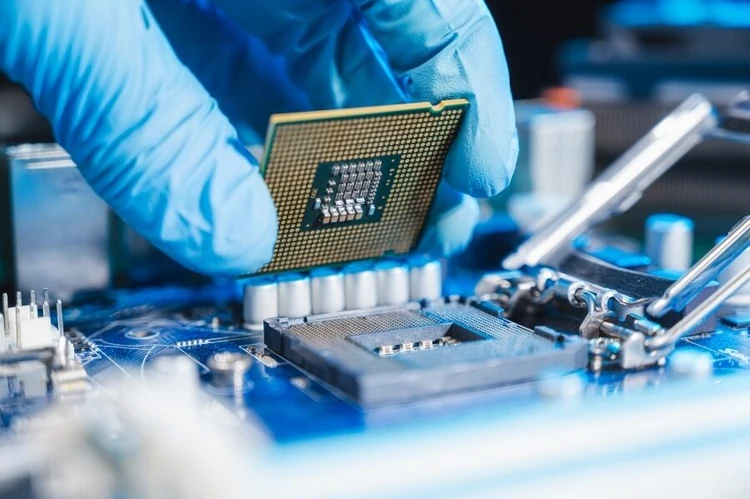The computer chip shortage that the U.S. has suffered under for more than a year is finally getting addressed – and in a big way too.
After the Senate passed the CHIPS Act of 2022 on Wednesday, the House followed suit on Thursday and sent the legislation to President Biden for his signature. The bill seeks to bolster semiconductor chip production within the U.S., and it will help lower the cost of consumer goods like cars, appliances, and computers, among others.
The country should also start seeing new high-paying manufacturing jobs popping up across the country. They'll be spurred by $52.7 billion in subsidies and a 25% tax credit that will go toward U.S. computer chip manufacturing.
What the economy needed
The timing of the nearly $250 billion package couldn’t be better. Earlier this year, analysts said the chip shortage would keep car prices high and inventories low. They also said these conditions could drag on until 2023 or longer.
When the bill moved to Biden's desk for his signature, he hailed the effort as “exactly what we need to be doing to grow our economy right now.”
“By making more semiconductors in the United States, this bill will increase domestic manufacturing and lower costs for families,” he stated. “And, it will strengthen our national security by making us less dependent on foreign sources of semiconductors.”
"We don't know exactly what innovations will come out of this, but we do know this: America will be more competitive because of it. And we do know this, that we will be able to grow our economy for the future, because of the investments that we've made today,” said Sen. Maria Cantwell (D-WA), the architect of the legislation.
The importance of the legislation
There are many mouths that will get fed by the CHIPS Act, from agencies like NASA to manufacturers and even educators. However, the $52.7 billion in subsidies and the 25% tax credit that will go toward U.S. computer chip manufacturing will likely be where consumers see the biggest impact.
“Nearly everything runs on chips," Zachary Collier at Radford University told ConsumerAffairs. "The passage of the CHIPS Act will incentivize businesses to invest in domestic research and manufacturing capabilities, easing supply chain shortages, reducing lead times for products, and increasing manufacturing and high tech sector jobs."
